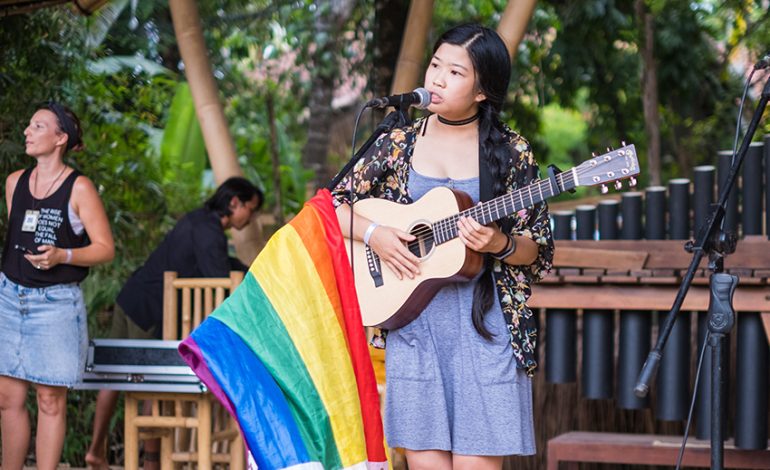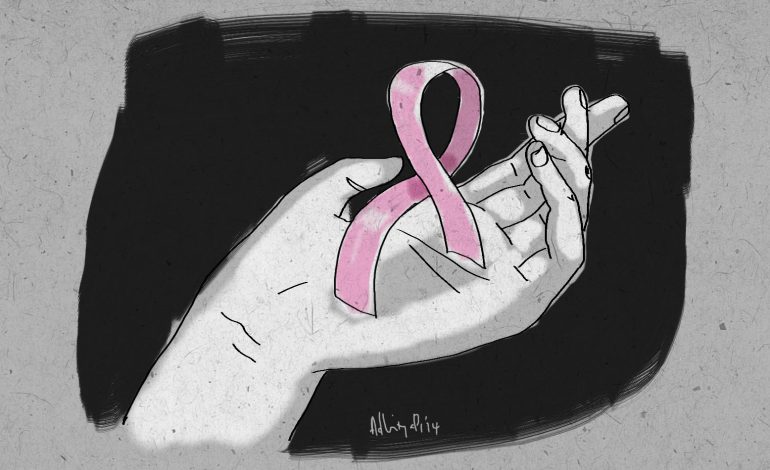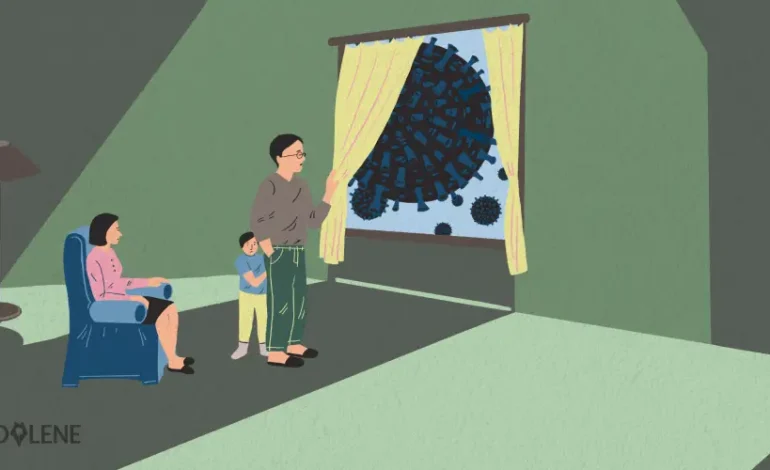Singer Kai Mata: “I’m here to claim the space that is rightfully mine.”

You could easily write an article about singer-songwriter Kai Mata without talking to her.
The 22-year-old openly queer artist interacts actively with her followers on different social media platforms and analyzing the comments and her answers to them give a lot of insights about how she approaches life. Her openness about her sexual orientation is mentioned on Twitter as “crazy brave” or “crazy courageous” and has probably to do with the fact that she spent the first thirteen years of her life in The United States where her parents took her as a baby just before the May 1998 riots happened. Before we met I asked myself: is there anything people don’t know yet about her?
In the week we met she received notice that two of her shows had already been cancelled due to coronavirus. Meanwhile, she performs an ‘Online Concert series’ on her Instagram account.
Kai Mata’s online following grew exponentially in February after she posted a video about her opinion on the draft of the Family Resilience Bill (RUU Ketahanan Keluarga).
“I did a little video on the Bill, just announcing that I’m Indonesian and that I’m LGBTQ. I had a hundred followers on Twitter and it reached over 400.000 people and was retweeted maybe 12.000 or 13.000 times. It caught like wildfire just by announcing something that should in my mind be normal,” she told me.

The responses to her message in social media ever since has been supporting and worrying at the same time. She easily spends a whole day writing people back, always first thanking them for taking the time to read her post. She gets death threats too and messages of people who tell her to leave the country. It’s not like she can go anywhere else, even though her American accent makes people think she’s a foreigner.
“I was raised partly in the US because of political unrest in the 1990s. So my privilege stems from the adversity my family had to face – which is such a confusing thing to deal with mentally. I had to live somewhere else because Indonesia didn’t want me for my ethnic origin. And now Indonesia doesn’t want me again for my sexual orientation. And that encourages me further to be here. To claim the space that is rightfully mine. To occupy a culture and be a part of a culture that is strongly linked to who I am,” she explains in a quiet and yet determined way.
When she was 13, her parents decided to return to their home country (“They never wanted to leave in the first place”), but living in Jakarta at first was a culture shock to her, particularly witnessing income disparity and inequality. She also felt as if she was seen as an outsider because of her sexual orientation.
“There was no support, there was no visibility in any sense of the word. And it was really hard to feel so isolated in a city with twenty million people. I felt I couldn’t talk with anyone about it.”
Also read: An Imagination of Heteronormative Futurity
VPN kind of saved her life and gave her the opportunity to watch censored content about the daily life of people in same-sex relationships. But it was writing songs that allowed her to explore her emotions and deal with her hidden truth.
With her songs mainly in the English language she targets the international oriented community in Indonesia: “If I write in Indonesian, the comment section would look so much more depressing. And I want people in the community to feel that they’re cared about. Even if they’re not ready to come out – which I don’t think many are. And that’s more than ok.”
I can see how it moves her to talk about the daily messages she gets from young people who tell her that they never feel they can come out: “They tell me how their parents suspect that they’re queer and that when they do find out they’re queer, they’ll kill them, kick them out, anything like that.”
“I’m not going to change the minds of the radical Indonesians who believe that I’m supposed to be cured and that I should just get married and shut up. What I can do is maybe let those people feel that I care about them, she said.
Also read: Are We Queers Bad Investments?
It feels overwhelming to suddenly get so much response on her postings. It has felt both powerful and scary to open up for her.
“It’s powerful to strip away the barriers, but I also recognize that I’m opening myself up to potential hurt. People’s words, of course, have an effect. I can ignore the radical ones easier. I have a harder time with the subtle ones, the microaggressions, the covert homophobia which is a lot more hidden. It’s not blatantly saying what I’m doing is bad, but it’s objectifying and there are layers of that that have to be dealt with on a different level.”
She doesn’t expect to get a record deal in Indonesia because of her outspokenness. Her new album that’s currently in post-production will be independently produced just like her debut album was. It is important for her to get her message out through music.
“If I just stood on a soapbox and yelled at people, no one is going to listen. If I can entertain people, make them laugh, make them smile, make them cry, that adds a lot more power to my words. No one wants to be lectured to, no one wants to be told what to think. But if they listen to my music, it makes it a lot easier for them to relate or empathize in my opinion.”






















